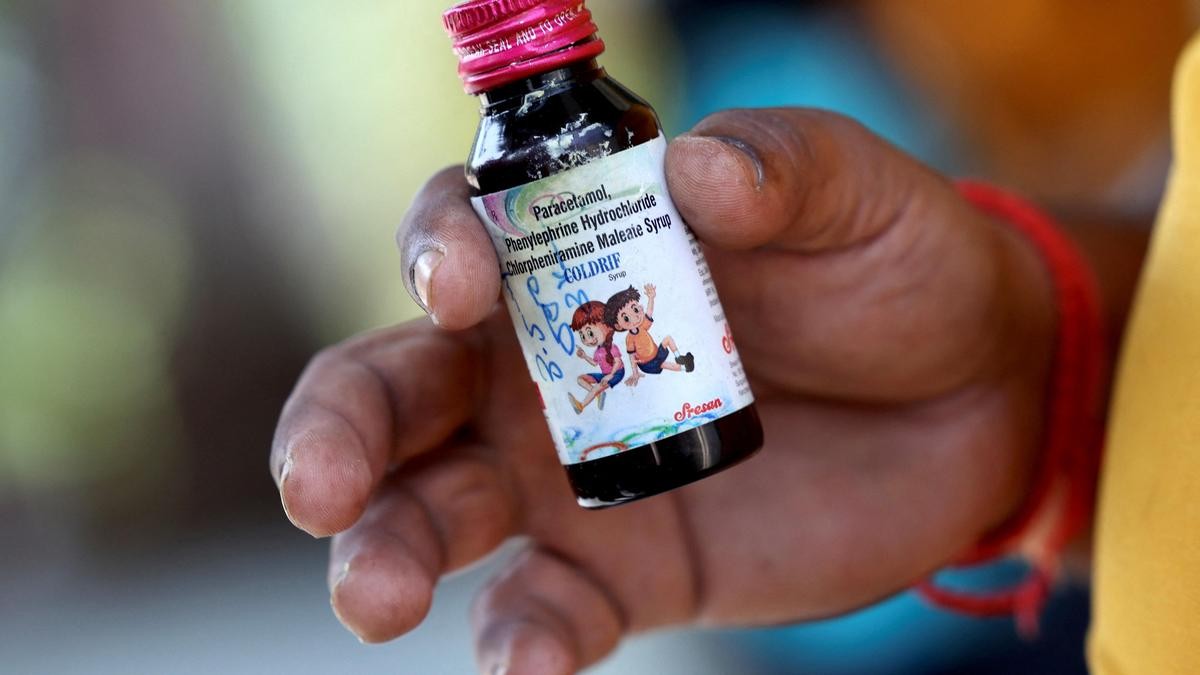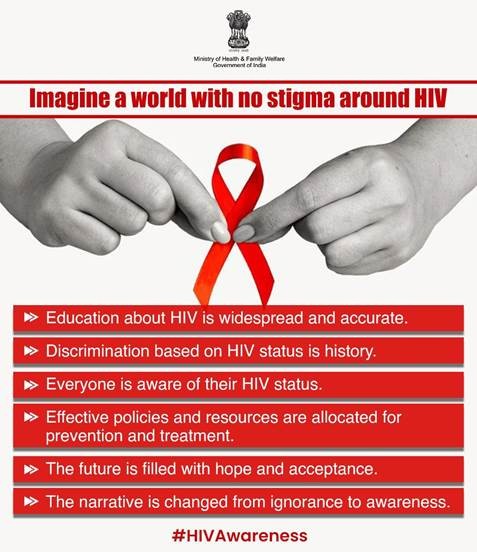Description
.jpg)
Source: Hindu
Disclaimer: Copyright infringement not intended.
Context
- The Union Health Ministry has issued a directive to address concerns related to malpractice and the increasing number of organ transplants involving foreign citizens in India.
- The directive aims to eliminate commercial dealings in organs and ensure transparency and ethical practices in organ transplantation.
Details
Key Measures
Unique NOTTO-ID for Organ Transplants:
- All cases of organ transplants, whether from living or deceased donors, will be allocated a unique National Organ and Tissue Transplant Organisation (NOTTO)-ID for both the donor and the recipient.
Stricter Monitoring and Investigation:
- The directive calls for stricter monitoring of organ transplants by local authorities.
- The Appropriate Authority of each State, appointed according to the Transplantation of Human Organs and Tissues Act (THOTA), 1994, is mandated to investigate transplants involving foreign nationals and take appropriate action against any violations of the Act.
Regulation of Organ Transplant Hospitals:
- Hospitals registered for organ transplants must undergo regular inspections by the appropriate State authority to ensure compliance with quality standards.
- Any violation of THOTA, 1994, and its rules will lead to investigations and potential suspension of registration for performing organ transplants if hospitals are found to be involved in illegal activities.
Data Sharing with NOTTO:
- States are reminded to ensure regular collection and sharing of data on all transplant cases, including those involving foreigners, with NOTTO on a monthly basis.
Legal Procedures for Foreign Nationals:
- Prior approval of the authorization committee is required for organ removal or transplantation involving foreign nationals.
- Senior embassy officials certify the relationship between the donor and recipient, ensuring no financial transactions, pressure, or coercion were involved.
- Verification of document authenticity by embassy officials is mandatory.
- Donations must be certified to be made out of love and affection, with no financial transactions or coercion involved.

About National Organ and Tissue Transplant Organization (NOTTO)
- The National Organ and Tissue Transplant Organization (NOTTO) is a national-level organization established under the Directorate General of Health Services, Ministry of Health and Family Welfare, Government of India.
- NOTTO comprises two key divisions: the "National Human Organ and Tissue Removal and Storage Network" and the "National Biomaterial Centre."
National Human Organ and Tissue Removal and Storage Network:
- Mandate: Established under the Transplantation of Human Organs (Amendment) Act 2011.
- Objective: Establish a network for the procurement, allocation, and distribution of organs and tissues, initially focusing on Delhi and subsequently expanding nationwide.
- Functions and Activities:
- Lay down policy guidelines and protocols.
- Network with similar regional and state-level organizations.
- Compile and publish registry data.
- Create awareness and promote organ donation.
- Coordinate procurement, allocation, and transportation.
- Disseminate information and monitor transplantation activities.
- Assist in data management and provide consultancy support.
- Coordinate training programs.
- For Delhi and NCR:
- Maintain waiting lists of terminally ill patients.
- Network with transplant centers and tissue banks.
- Coordinate all activities related to organ and tissue procurement.
- Match recipients with donors.
- Allocate, transport, store, and distribute organs and tissues.
- Conduct post-transplant patient and donor follow-up.
- Organize awareness and training workshops.
National Biomaterial Centre (National Tissue Bank):
- Objective: Established under the Transplantation of Human Organs (Amendment) Act 2011 to handle tissue donation and registration of tissue banks.
- Activities:
- Coordinate tissue procurement and distribution.
- Screen donor tissues and handle removal, storage, and preservation.
- Conduct laboratory screening and tracking of tissues.
- Ensure sterilization and maintain records.
- Ensure quality management and patient information.
- Develop guidelines, protocols, and standard operating procedures.
- Provide training and assistance in the registration of tissue banks.
Must read articles:
Organ Transplantation in India
Sources:
Hindu
|
PRACTICE QUESTION
Q. Examine the regulatory framework governing organ transplantation in India and evaluate its effectiveness in ensuring ethical practices, equitable access, and patient safety. Discuss the challenges faced in organ procurement, allocation, and transplantation and suggest measures to address them. (250 words)
|




.jpg)
.jpg)





